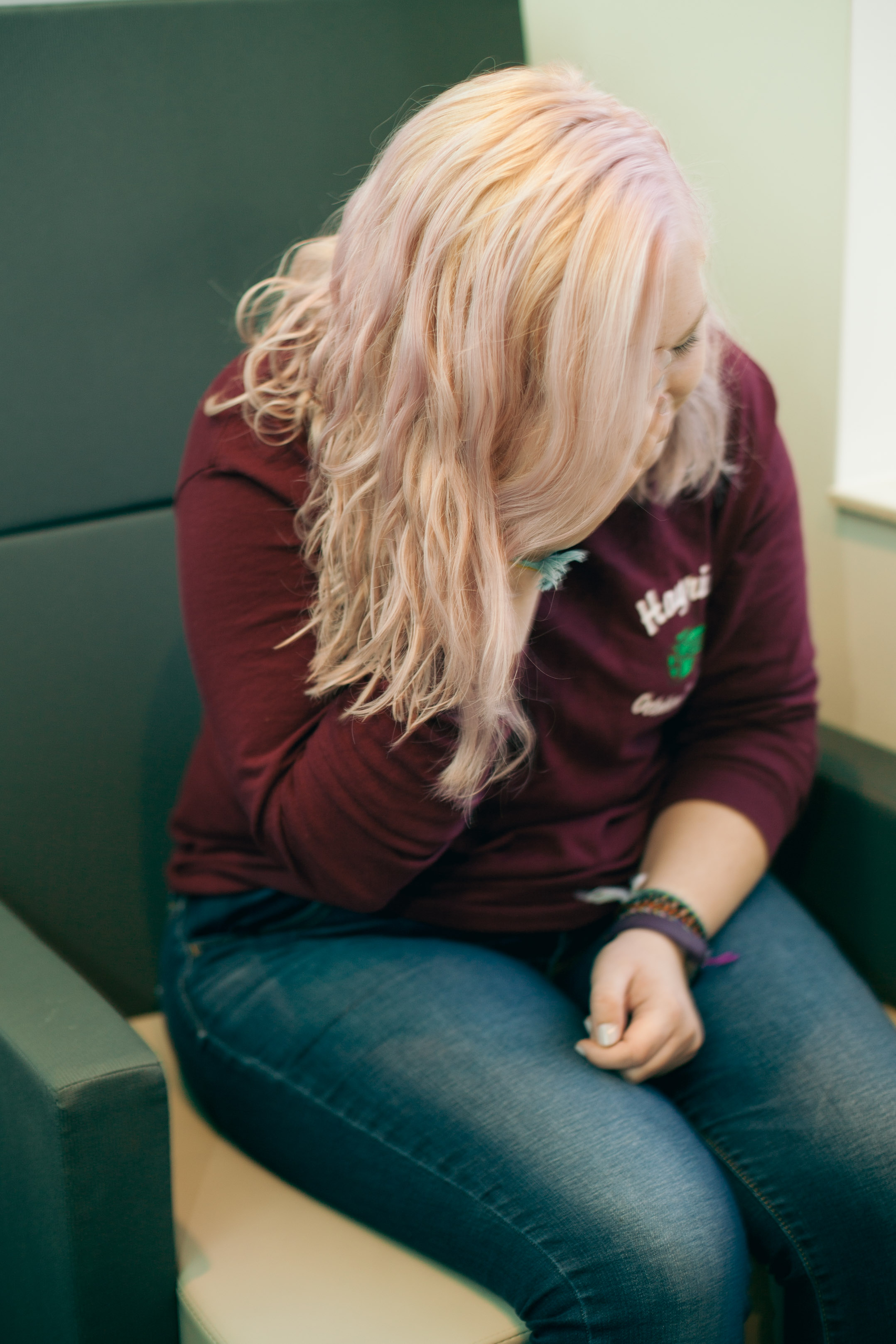There are three types of tears: reflex, basal and psychic. Reflex tears come out due to strong aromas, such as the scent of onion, or to protect the eyes from damage caused by sand or other tiny capsules. Basal tears are natural tears that lubricate the eyes and prevent them from drying out. Psychic tears are the most commonly known type, usually referred to as emotional tears. They are released due to an extreme amount of sadness or happiness.
Psychic tears release protein-based hormones such as prolactin and adrenocorticotropic, as well as leucine enkephalin, a natural painkiller produced by the body in times of stress. By releasing these natural hormones and painkillers, the body is able to return to a neutral state and recover.
College is full of changes, with twists and turns that can be very trying for some students, especially first-years learning to adjust to being on their own for the first time and seniors who are readying themselves for change once again. These new experiences can lead to happiness or sadness, and can cause tears in even the best of situations.
That’s why Capital offers a set of unique services to help students through these hard times. Academic Success is on the second floor of the Blackmore Library to make sure that students are excelling in every class, as well as to keep students on task with rigorous studying and difficult projects. Also, counselors are available at the Health and Wellness Center to provide services to students and make sure they have someone to talk to.
Crying does create a strange culture on campus, though. While Capital University is small and considered a tight nit family, there are still many people that don’t meet each other for their entire duration here. Approaching a stranger who is crying is still considered taboo in American culture, and that same culture is perpetrated on campus.
 Why would someone approach a stranger to see if they’re okay? Human society is built on the concept of helping one another. “If you help me, I’ll help you.” But through the years, more and more people have grown callous to others as society becomes more about the individual rather than the collective whole. However, not all students follow this mentality.
Why would someone approach a stranger to see if they’re okay? Human society is built on the concept of helping one another. “If you help me, I’ll help you.” But through the years, more and more people have grown callous to others as society becomes more about the individual rather than the collective whole. However, not all students follow this mentality.
“I don’t feel weird going up to someone who is crying,” Mackenzie Meyers, a sophomore accounting major, said. “Sometimes people just need to talk or have a shoulder to cry on. I think sometimes it is easy to get overwhelmed, especially during midterms or finals. Sometimes all you need is a good cry.”
Lily Benedetti, a first-year film major, said, “I’m a pretty good listener, so I’m willing to approach someone I’m close with when they’re sad and let them talk and/or cry it out.”
While not all follow the normal behavior of leaving strangers who are sad alone, there are many who still do. This mentality has blanketed most of the campus, leading students to find hideaway places to cry in private.
“My favorite place to cry on campus is the third floor of the library,” Meyers said.
Julie Viger, a first-year music education major, said, “My favorite place to cry is my dorm.”
Benedetti’s favorite was an often overlooked one: “My favorite place to cry is in the shower.”
Many students isolate themselves when they’re sad to get away from the public eye, including friends, but Benedetti elaborated by saying, “I do feel as if I’ve developed a good support system here because my friends are understanding and willing to listen.”
Having a support system can be vital to a college student’s health while away from family.
“I feel like I have an amazing support system,” Meyers said. “All of my friends and peers want what is best for me. I feel like everyone here is rooting for me to succeed and they do as much as they can for me!” Vigor ran the final sentence with, “I feel like I’ve developed a great support system for when I’m sad, but I hate that crying is such a big part of college culture. We all laugh about how much we cry, but it’s really not healthy.”
While an extreme amount of stress is certainly not healthy over extended periods of time, crying to release those hormones and return to a neutral state of mind can help to clear the head and calm down. From an online poll, students contributed to finding favorite crying places.
Lauren_r_payne commented, “The couch outside of the Cabaret theatre (also my favorite place to nap, for the record).”
Carleekime posted, “Practice rooms,” while samantha_sue92 stated, “The last stall in the women’s restroom on the first floor of Battelle. The one with encouraging messages on the window.”
There’s a fine line when considering if there’s a healthy amount of stress or not. Crying can help to calm the body, and having a support system there for the worst and best times of college can help any student through the roller coaster ride of emotions.

